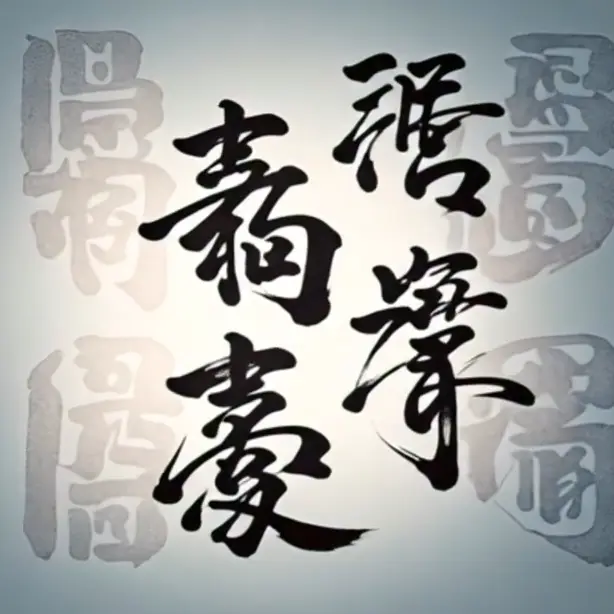500+ Japanese Names That Mean Love
Love transcends languages and cultures, and in Japanese, the concept of love is beautifully woven into names. These names often combine kanji characters that symbolize love, affection, beauty, and nature. Whether you are looking for a name for your child, a character, or inspiration, here’s a list of over 500 unique, creative, and best Japanese names that mean love.
Introduction
Japanese names are known for their deep meanings, elegant kanji characters, and poetic beauty. Names that mean love are particularly popular as they reflect compassion, kindness, and emotional connection. This guide will walk you through a variety of names categorized by gender, inspiration, and style. Let’s dive into this world of enchanting names!
Girl Names That Mean Love
Popular Names
- Aiko (愛子) – Love + Child
- Emiko (恵美子) – Blessed beauty child
- Renka (蓮花) – Lotus flower
- Suki (好き) – Beloved
- Yua (結愛) – Binding love
- Nozomi (望) – Wish or Hope
- Haruka (遥香) – Faraway fragrance
- Rin (琴) – Dignified love
Unique Names
- Amara (明愛良) – Bright + Love + Goodness
- Koharu (小春) – Little Spring
- Mio (美愛) – Beautiful Love
- Sakura (桜) – Cherry Blossom
- Ichika (一花) – One Flower

Boy Names That Mean Love
Popular Names
- Haruto (陽翔) – Sun + Fly
- Itsuki (実樹) – Affectionate Tree
- Ren (恋) – Lotus/Love
- Takumi (巧) – Artisan; Clever
- Souta (奉太) – Big Sky
Unique Names
- Hikaru (光) – Radiance
- Hinata (日向) – Facing the Sun
- Akihiko (明治) – Bright Prince
- Masaki (正朔) – True Splendor
- Kaoru (香) – Fragrance; Love
Gender-Neutral Names That Mean Love
- Haru (春) – Spring
- Yuki (雪) – Snow; Happiness
- Aoi (蓓) – Hollyhock
- Riku (陸) – Land
- Nao (直) – Honest; Affectionate

Nature-Inspired Names That Mean Love
Floral Names
- Hana (花) – Flower
- Sumire (紫花) – Violet
- Yuriko (百合子) – Lily Child
- Ayame (彩芙) – Iris
Seasonal Names
- Fuyuko (冬子) – Winter Child
- Natsuki (夏結) – Summer Hope
- Akiko (秋子) – Autumn Child
- Miyuki (美雪) – Beautiful Snow
Mythology and Literature-Inspired Names
- Amaterasu (天照) – Sun Goddess
- Susanoo (昇霸) – Storm God
- Tsukiko (月子) – Moon Child
- Kaguya (高姚) – Shining Princess
- Hikoboshi (星男) – Star Boy
Modern and Creative Names That Mean Love
- Ema (恵美) – Blessed Beauty
- Rena (恋奈) – Lovely Grace
- Touma (抜真) – Genuine Love
- Kaito (海飛) – Ocean Flyer
- Airi (愛美) – Love + Beauty
Unique Names
- Amara
- Kaoru
- Renka
- Souta
- Haruto
Creative Names
- Aoi
- Sumire
- Kaguya
- Akihiko
- Natsuki
Best Names
- Aiko
- Emiko
- Sakura
- Hikaru
- Takumi
https://namesideas.net/funny-vietnamese-names/
Conclusion
Japanese names that mean love are not just names but stories of affection, beauty, and culture. Whether you’re naming a child, a character, or finding inspiration, these names offer a beautiful blend of meaning and artistry. Which name resonates with you the most?
FAQs
1. What is the most popular Japanese name that means love?
Aiko (愛子), which means “Love Child,” is one of the most popular names.
2. Are there gender-neutral Japanese names that mean love?
Yes, names like Haru (春) and Aoi (蓓) are gender-neutral.
3. What kanji represents love in Japanese names?
The kanji 愛 (Ai) is commonly used to signify love.
4. Can Japanese names have multiple meanings?
Yes, the meaning often depends on the kanji used.
5. Are these names commonly used outside Japan?
Many of these names, like Sakura and Ren, are gaining popularity globally.






